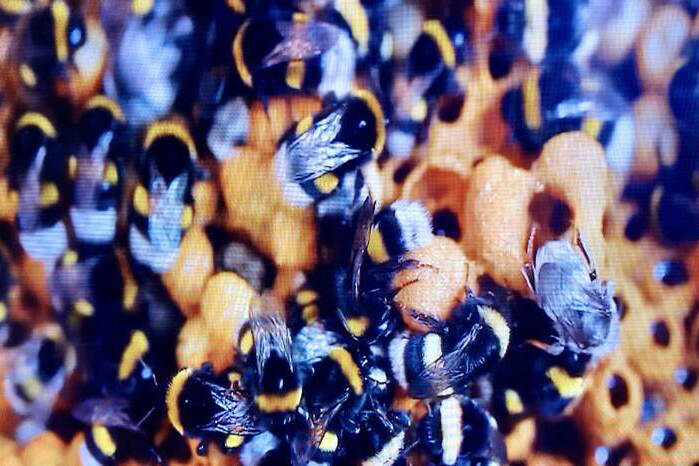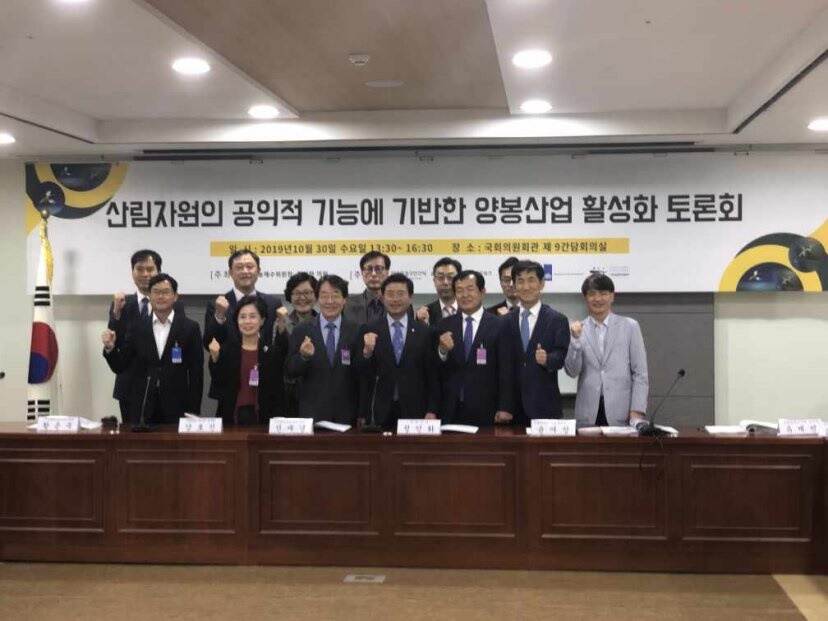South Korea to support bee keepers and promote pollinators
South Korea enacted a new law called “Act on supports for bee-keeping sector” on 27 August 2019. After public hearing and discussions among stakeholders for one year, the act will be effected on 28 August 2020.

The Korean national assembly (parliament) organized a workshop titled “promoting the bee-keeping sector based on public utility functions of forest resources” on 30 October 2019. It was the first discussion after the law was enacted. The Agriculture team in Seoul was invited as one of two presenters in the workshop and had an apportunity to introduce the Dutch Pollinator Strategy and “the Coalition of the Willing on Pollinators”. The coalition is active with 26 member countries in promoting pollinators by reaching out to potential news partners to develop and implement national pollinator strategies, and by sharing knowledge and lessons-learned between members. South Korea is very interested in joining this coalition as the first member country in Asia, and both parties are now actively keeping in touch for cooperation.
This is a result of continuous efforts by the government, bee keepers, NGOs and researchers. The summary of the new act is as follows.
- MAFRA (Korean ministry of agriculture) should establish a comprehensive plan every 5 years for sustainable development of bee-keeping industry and to promote pollinators.
- MAFRA should conduct a factual survey on the sector for efficient establishment of the plan.
- The government (central or regional) should appoint and support institutes to educate/train professional manpower regarding bee-keeping and pollinators.
- RDA (Rural Development Administration, the national agricultural research and extension service) should work on improving honey bee species
- The government should support for development of relevant technology.
- The government should endeavor for planting honey plants, and can finance relevant projects.
- The government should figure out international trends and promote international cooperation, and can conduct international projects such as personal exchange and research cooperation.
- The government can subsidize bee keepers’ projects, and bee keepers should be registered to regional governments.
